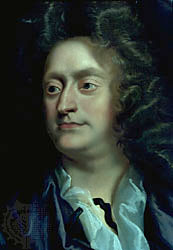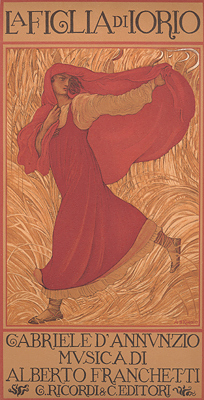Libretto
Libretto
A libretto (Italian for "little book") is the text used in, or intended for, an extended musical work such as an opera, operetta, musical, oratorio, cantata, or ballet. The term is also sometimes used to refer to the text of major liturgical works, such as masses, requiems, and passions. The libretto is distinct from the score, which refers to the musical notation.
History[edit | edit source]
The tradition of the libretto dates back to the early 17th century, with the emergence of opera as a distinct art form. Early librettists often collaborated closely with composers to create works that were both musically and dramatically compelling. Notable early librettists include Ottavio Rinuccini, who worked with Jacopo Peri and Claudio Monteverdi, and Pietro Metastasio, whose works were set to music by numerous composers.
Structure[edit | edit source]
A libretto typically includes the dialogue, lyrics, and stage directions for a musical work. It may be written in verse or prose, and it often follows a specific structure that aligns with the musical composition. The libretto serves as a blueprint for the performers, providing the narrative and emotional context for the music.
Language[edit | edit source]
Librettos are often written in the native language of the composer or the intended audience. However, many famous operas have been translated into multiple languages to reach a broader audience. For example, Mozart's operas, originally written in Italian and German, have been performed in numerous languages worldwide.
Famous Librettists[edit | edit source]
Some of the most renowned librettists in history include:
- Lorenzo Da Ponte, who collaborated with Wolfgang Amadeus Mozart on operas such as The Marriage of Figaro, Don Giovanni, and Così fan tutte.
- Arrigo Boito, who worked with Giuseppe Verdi on Otello and Falstaff.
- Hugo von Hofmannsthal, who partnered with Richard Strauss on works like Der Rosenkavalier and Ariadne auf Naxos.
Modern Usage[edit | edit source]
In contemporary musical theatre, the term "libretto" is often used interchangeably with "book," referring to the script of a musical. Modern librettists continue to play a crucial role in the creation of new works, collaborating with composers to develop the narrative and lyrical content.
Related Pages[edit | edit source]
- Opera
- Operetta
- Musical theatre
- Oratorio
- Cantata
- Ballet
- Score (music)
- Lorenzo Da Ponte
- Arrigo Boito
- Hugo von Hofmannsthal
Categories[edit | edit source]
Search WikiMD
Ad.Tired of being Overweight? Try W8MD's physician weight loss program.
Semaglutide (Ozempic / Wegovy and Tirzepatide (Mounjaro / Zepbound) available.
Advertise on WikiMD
|
WikiMD's Wellness Encyclopedia |
| Let Food Be Thy Medicine Medicine Thy Food - Hippocrates |
Translate this page: - East Asian
中文,
日本,
한국어,
South Asian
हिन्दी,
தமிழ்,
తెలుగు,
Urdu,
ಕನ್ನಡ,
Southeast Asian
Indonesian,
Vietnamese,
Thai,
မြန်မာဘာသာ,
বাংলা
European
español,
Deutsch,
français,
Greek,
português do Brasil,
polski,
română,
русский,
Nederlands,
norsk,
svenska,
suomi,
Italian
Middle Eastern & African
عربى,
Turkish,
Persian,
Hebrew,
Afrikaans,
isiZulu,
Kiswahili,
Other
Bulgarian,
Hungarian,
Czech,
Swedish,
മലയാളം,
मराठी,
ਪੰਜਾਬੀ,
ગુજરાતી,
Portuguese,
Ukrainian
Medical Disclaimer: WikiMD is not a substitute for professional medical advice. The information on WikiMD is provided as an information resource only, may be incorrect, outdated or misleading, and is not to be used or relied on for any diagnostic or treatment purposes. Please consult your health care provider before making any healthcare decisions or for guidance about a specific medical condition. WikiMD expressly disclaims responsibility, and shall have no liability, for any damages, loss, injury, or liability whatsoever suffered as a result of your reliance on the information contained in this site. By visiting this site you agree to the foregoing terms and conditions, which may from time to time be changed or supplemented by WikiMD. If you do not agree to the foregoing terms and conditions, you should not enter or use this site. See full disclaimer.
Credits:Most images are courtesy of Wikimedia commons, and templates, categories Wikipedia, licensed under CC BY SA or similar.
Contributors: Prab R. Tumpati, MD





